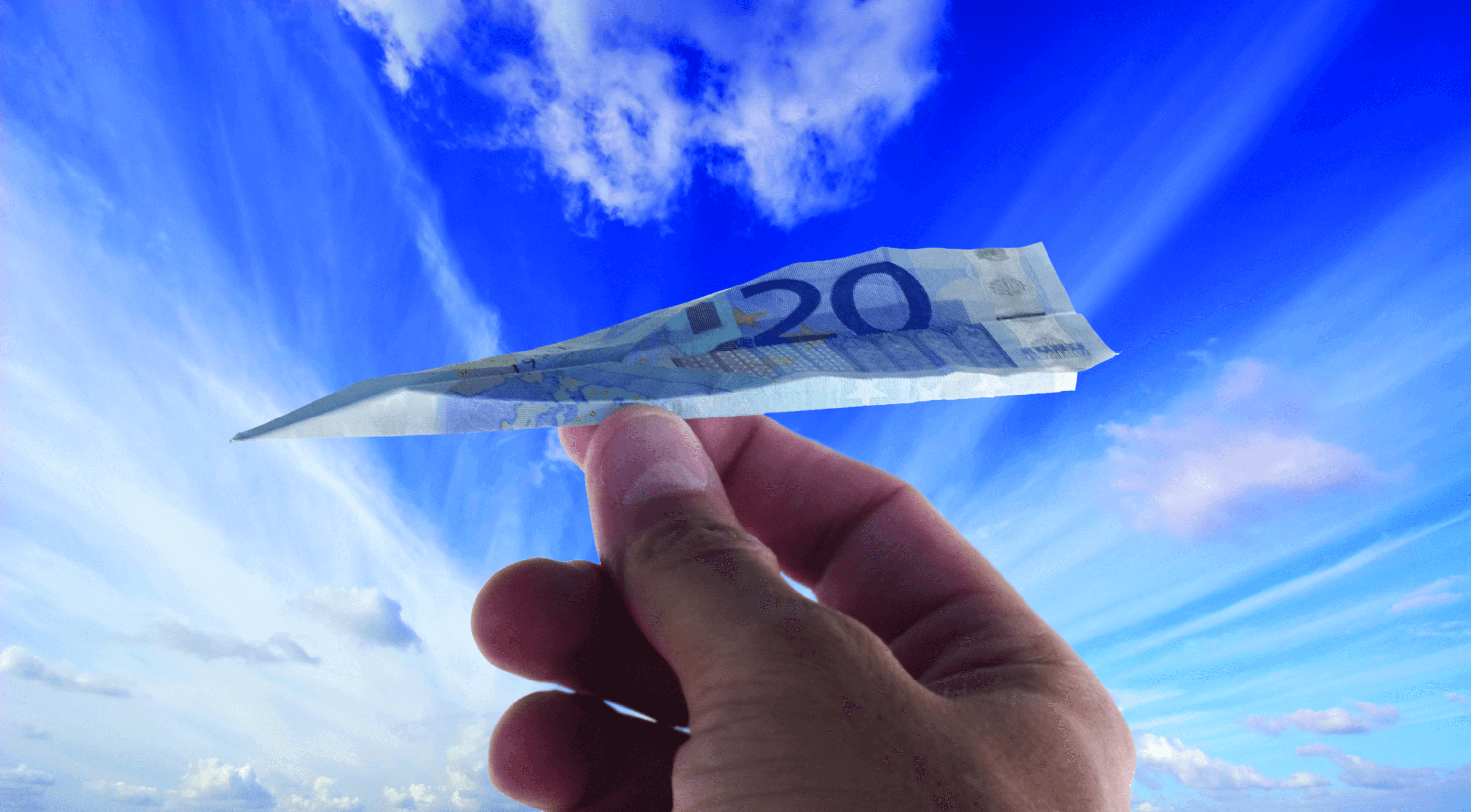Icelandair has reported a loss after tax of US$76.5 million for 2018 compared to a profit of $37.5 million in 2017. Total income rose by 7% to $1,511 million. 2018 EBITDA was $76.5 million, compared to $170.1 million in 2017. EBITDA in the fourth quarter of 2018 was negative by $35.0 million. The airline has specifically called out low average air fares, increased oil prices and carbon emission allowances and poor results of the domestic operation for its dismal Q4 results.
“2018 was a difficult business year,” said Bogi Nils Bogason, President & CEO. “Results fell short of our projections at the beginning of the year, which was characterised by strong competition, low and frequently irrational fares and significant fuel price increases. At the same time, changes in our sales and marketing operations and route network had a negative impact on our performance.”
The airline is focused on improving its profitability and strengthening its operations for the future. Bogason stated that the company is currently taking a number of measures, both on the revenue and expense side, which should result in improved operations in 2019. These measures include modifications in capacity to facilitate control and maximise revenue, focusing on ancillary revenue and on strengthening sales and marketing activities, as well as an implementation of a new revenue control system.
In common with many European airline CEOs, Bogason said that the airline is facing serious challenges for its immediate future: “It is clear that we are faced with uncertainty in our operating environment and our competitive environment is changing. However, our Company benefits from its strong foundations as well as our talented and capable people. The financial position of the Company is strong, and I am convinced that we are well positioned to take on the challenges and seize the opportunities that lie ahead.”

